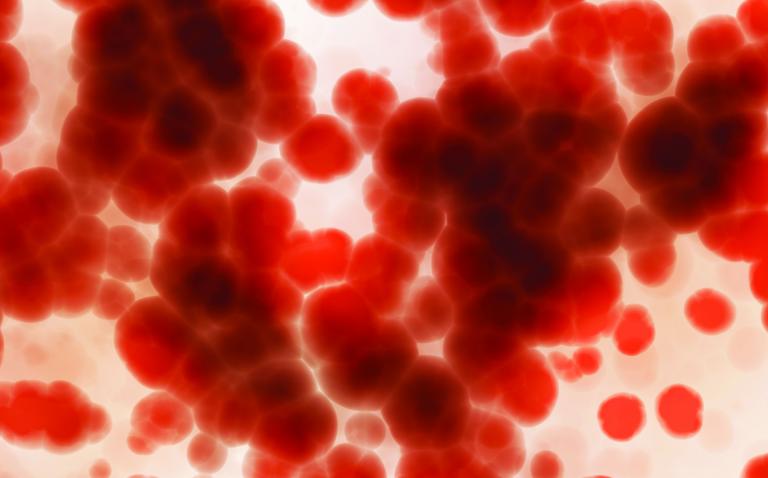The Republic of Ireland has become the first country in Europe where every person with haemophilia will have access to the newest generation of haemophilia treatments, extended half-life therapies, under new supply contracts signed between the HSE (Health Services Executive) and Sobi™.
A new contract for the supply of Elocta® (efmoroctocog alfa), for the treatment of haemophilia A was signed in January 2018. It follows an earlier contract for the supply of Alprolix® (eftrenonacog alfa), for the treatment of haemophilia B. Both Elocta and Alprolix are extended half-life treatments approved for all age groups in the EU. The Fc-fusion molecule is utilising a natural recycling pathway in the body and the safety profiles of the products are supported by post marketing experience from thousands of patients and during a period of more than three years.
With both of these two-year contracts, the Republic of Ireland becomes the first country in Europe to switch an entire population undergoing treatment from conventional short-acting therapies to extended half-life therapies for haemophilia A and B. Steve Bojakowski, Sobi’s Patient Access Lead for the UK and the Republic of Ireland, says “With the outcome of the adjudication of both of these tenders, Sobi has demonstrated our desire to provide access to these innovative products in a very sustainable manner.”
The Republic of Ireland procurement team has adopted the World Federation of Hemophilia’s guidelines for national tenders for the purchase of clotting factor concentrates. Under the guidelines, the tender process for the Alprolix and Elocta contracts included doctors and patients in the product evaluation process. The tender scorecard for the contracts placed emphasis on clinical needs and attributes.
One key criterion in the tender was security of supply. Philip Wood, Head of Haemophilia at Sobi says the company’s robust supply infrastructure played an important role. “For people with a life-long disease such as haemophilia, long-term security of supply is vital. Our ability to secure sustainable patient access is part of our ongoing commitment to the haemophilia community.”










